Nigeria
Nigerians on Tuesday, April 30 queued for hours to buy fuel across major cities as the West African nation struggled with its latest fuel shortage, causing more hardship for millions already struggling in an economic crisis.
The fuel shortage has led to an increase in transportation costs in the country where many people rely on public transportation. Authorities blamed the shortage on supply disruptions due to logistical challenges. Queues leading to gas stations stretched up to 3 kilometers (1.8 miles) in some cities including the national capital, Abuja.
Nigeria is one of Africa's top crude oil producers, but gasoline shortages are commonplace, mostly as a result of frequent strikes and supply disruptions. As on previous occasions, Nigeria's state oil firm accused fuel companies of exploiting the current situation to maximize profit.
Supply disruptions and exploitation
Nigeria relies heavily on imported fuel due to underperforming refineries. The biggest refinery in Africa opened recently in Lagos, Nigeria's economic hub, and is expected to boost refining capacity. However, the privately owned facility still produces only diesel and aviation fuel.
The cost of fuel in many gas stations in Abuja has already jumped by more than 15% from the usual 675 naira (50 cents) per liter. Prices varied in other cities around the country.
The fuel crisis causes difficulties for the many businesses that run on generators because of Nigeria's chronically erratic power supply, which has worsened in recent weeks.
Traffic jams and frustration
In some parts of Abuja and Lagos, half the roads were filled with traffic jams of private car owners and taxi drivers, including some who had parked near gas stations overnight to buy fuel early.
"I haven't done anything today since morning because how do you want to work when there is no fuel?" Abuja taxi driver Farouk Ibrahim asked. A father of two, Ibrahim said his greatest concern is finding money to return home with for the family's next day's meal.
"No fuel, no light, even to eat is a problem," he said from a fuel queue in Abuja's Garki district.



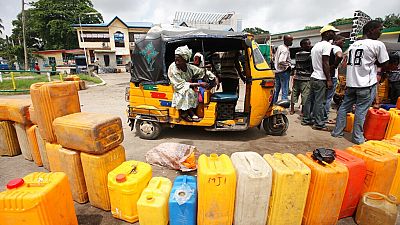

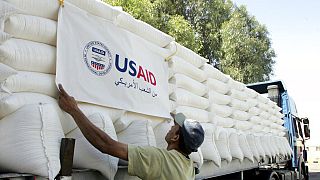
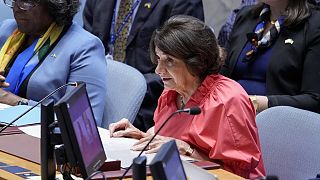

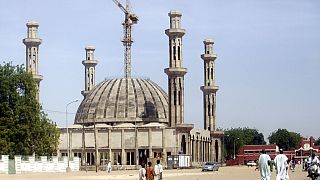
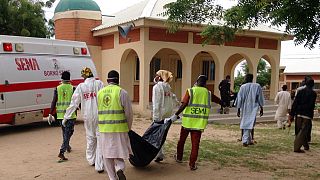

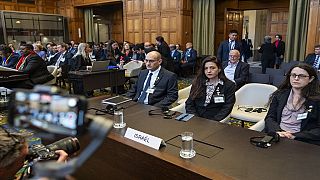


Go to video
Africa's Venture Capital landscape faces challenges
01:00
Benin grants temporary authorization for export of Nigerien oil
00:58
Nigeria: Unions protest electricity price hike following removal of subsidies
00:59
Faced with a shortage, Nigerians queue for hours for petrol as prices soar
Go to video
Diversifying the Democratic Republic of Congo's economy
11:08
Can Africa’s soil sustain food security? [Business Africa]